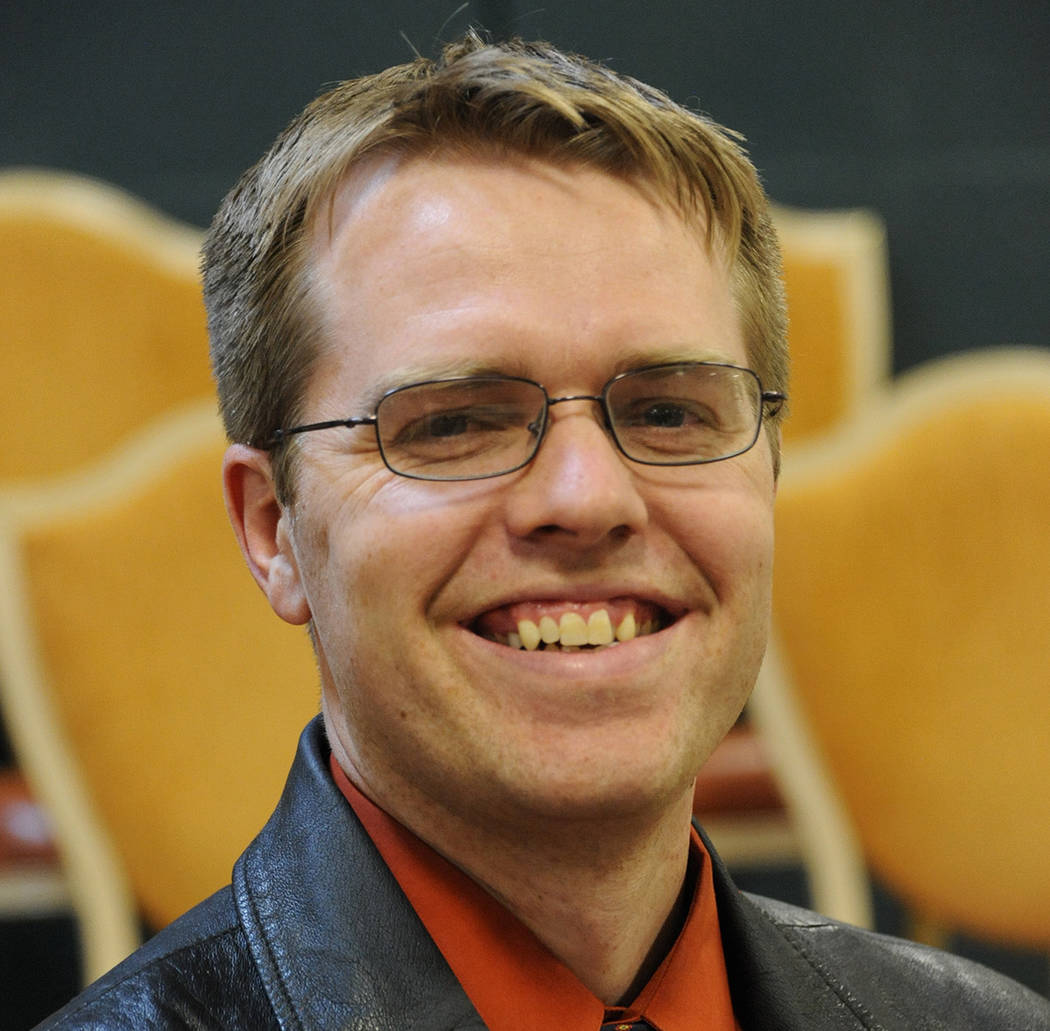Who needs, should help simply matter of perspective
With every new president comes a new debate on taxes. And you cannot have a good tax debate without talking about the 1 percent. And anyone can see why.
The top 1 percent are said to make over 50 percent of the total income. The top 1 percent make at least 10 times the average salary. Given their clear abundance, shouldn’t they do more, give more to those in need and pay their fair share?
Before you answer this, you might want to get a clear definition of who the 1 percent are. Indeed, almost everyone who will read this article is part of the 1 percent.
“Not me,” you say. Rather, you may feel part of the hard-working, underpaid, overtaxed 99 percent.
True, if we limit our perspective to only the United States, you’d need to make $450,000 per year. But if we look at all people currently living on Earth, according to the global rich list, you only need to make $32,500 a year to be in this elite group.
It is easy to look to the rich to do more. After all, there is so much to do — roads to build and repair, crime to fight, and poor to feed — and we are already running a deep deficit. We are all secretly hoping a new tax plan will cut none of the programs we like (those ones, of course, need more money), lowers the taxes we have to pay and, lastly, doesn’t raise the deficit.
This wish list lies somewhere between improbable and impossible. The only glimmer of hope we have of achieving all three is to get a lot from those rich guys.
But how is you demanding more of the 1 percent any different from the rest of the world demanding more of you? After all, if you are an average household in America, you make 100 times the average household in Africa. Why shouldn’t you give more to help with their welfare needs?
So, what is my point? What is the correct tax policy? I openly admit that I’m not sure. But this president and Congress, like many before, will make taxes a central debate. They will say things like trickle down, paying their fair share and tax break for the middle class.
In the end, they may even get a law passed that changes this bracket by 2 percent or another one by 4 percent. It may eliminate this deduction or add that one.
Are such things important? Yes, I suppose so.
But my point is that every single one of us have those much richer than us who we could expect to do more, and we have those far poorer than us whom we could do more to help. Which group we choose to focus our time and energy on will have far greater impact in our personal lives than any law Congress will pass.
Nathaniel Kaey Gee resides in Boulder City with his wife and six kids. He is a civil engineer by day and enjoys writing any chance he gets. You can follow his work on his blog www.thegeebrothers.com.





